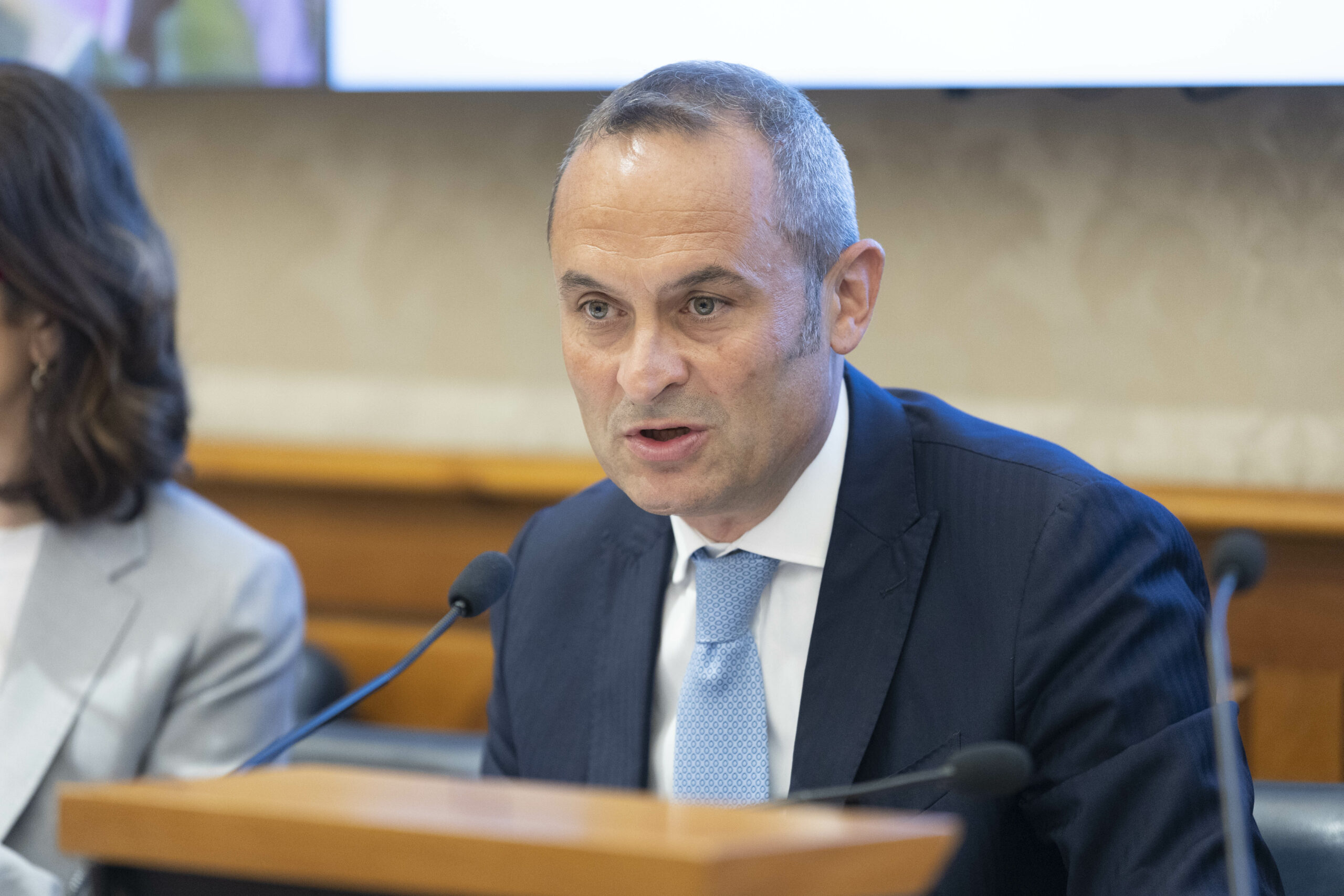Because the Costa amendment can save Italian journalism

What really changes after the approval of the amendment proposed by Action MP Enrico Costa. The comment by Gregory Alegi, historian and journalist, professor at Luiss Guido Carli
Is prohibiting the full publication of precautionary custody orders an attack on the freedom of the press as we read almost everywhere after the approval of the amendment proposed by Action MP Enrico Costa? Or is it a great opportunity to rediscover the professionalism of the journalist and the function of newspapers?
Two observations are enough to deny the equivalence between the unpublishability of the complete documents and gagging the press. Until 2017, full publication was prohibited, but no one ever paid for the disclosure of information covered by investigative secrecy (at least as long as it went in the direction desired by those investigating, but that's another matter). This did not prevent newspapers from reporting on the investigations, also thanks to large leaks of information which allowed excerpts – possibly moralistic-prurient – to make the front page. To find a sensational case, it is enough to remember that in November 1994 Silvio Berlusconi's first invitation to appear appeared in the newspapers on the 21st even before being delivered to the suspect on the 22nd, who was at that moment engaged in the international summit against crime in Naples.
Nor can it be said that the failure to publish full texts is equivalent to preventing newspapers from covering important trials. Since, with rare exceptions, the hearings are public by law, the journalist can give readers an account of everything that is said in the courtroom, including the most uncomfortable things for the defendants. The filter, rather, is upstream: where the investigations may not result in indictments, and the difference between reputational damage and actual responsibility is therefore strong. If you really believe in the presumption of innocence enshrined in the Constitution, the protection of those who are innocent not only in a technical sense is not a gag on the press.
So far nothing new: these are arguments often used by the guaranteeist front, both political and legal. However, there is a third perspective that is missing from the debate: the journalistic one.
AND THE JOURNALIST?
If the document can be published in its entirety, why shouldn't it be disseminated by the judge himself who produces it, without going through the journalist, who remains a private intermediary with commercial purposes? US newspapers regularly publish links to prosecutors' requests for indictment, measures and rulings, such as that of the Colorado Supreme Court on Donald Trump's ineligibility for candidacy .
Direct public availability extinguishes the dynamics of the scoop (perhaps in favor of the journalist who "supports" the investigations from outside) and shifts the emphasis to the meaning of the provision, the strength of the legal argument, the response of the suspect and the the opinion of the experts. And it is here that the journalist can make the most of his preparation, ability and professionalism.
Sticking to the textual reproduction of minutes and official documents, perhaps taken from agencies, involves renouncing what was once called "journalistic mediation", without which newspapers all become the same and interchangeable with each other. Worse still, it means opening up to the replacement of journalists with artificial intelligence. Taking sentences from existing texts and pasting them into an article is precisely what Chat GPT and the other Large Language Models already do very well today. If the human only does the same things as the machine, by definition faster, more precise, tireless, it is easy to predict who will win.
FROM FREE VERSES TO THE SONNET
To save itself, Italian journalism must not only learn to separate facts from opinions – on the one hand the document, on the other its interpretation through the most accurate context possible – but also rediscover its central function. Which is no longer that of bringing readers to advertisers, with the associated tendency to favor click-catcher and Search Engine Optimization (SEO) mechanisms, but of providing credible compasses for an increasingly complex world.
Anyone who does not separate the "press" function from the "propaganda" function, which authoritarian regimes and parties inevitably combine, condemns himself to irrelevance, not only due to the continuous need for enemy-catalysts but above all due to stylistic and content predictability. Here too, we return to Artificial Intelligence, already today capable of imitating the style of – let's say – Marco Travaglio but not yet – hopefully – of Umberto Eco. But the same goes for those who simply "pass" company press releases or "paste" agency launches, perhaps under the ambiguous signature Editorial Staff. These are the forms of journalism that risk the most.
If there is still a space for journalism, it is not for copy-paste journalism, built on privileged relationships with a party, repaid with uncritical loyalty. Rather, those who know how to find the hidden facts ("News is something that someone would like not to know; everything else is advertising", according to an old adage), the sources to verify them ("If your mother tells you that she loves you, do it) will survive. confirm from an independent source”), the key to interpreting them, the words to tell them without clichés.
Above all, those who know how to use guaranteeism as a stimulus rather than a limit will be saved. Who will be able to give up the shortcut of free verse to accept the challenge of the sonnet, with its fourteen hendecasyllables in alternating rhyming quatrains and varied rhyming triplets. Metaphor aside, who will know in the courts without waiting for the documents to be delivered home, talk to the defense as well as the prosecution, verify bizarre or even just unlikely rumors with journalistic tools. The Costa amendment prohibits none of this. Indeed, it invites us to rediscover it.
This is a machine translation from Italian language of a post published on Start Magazine at the URL https://www.startmag.it/mondo/perche-emendamento-costa-puo-salvare-il-giornalismo-italiano/ on Thu, 21 Dec 2023 15:49:30 +0000.
